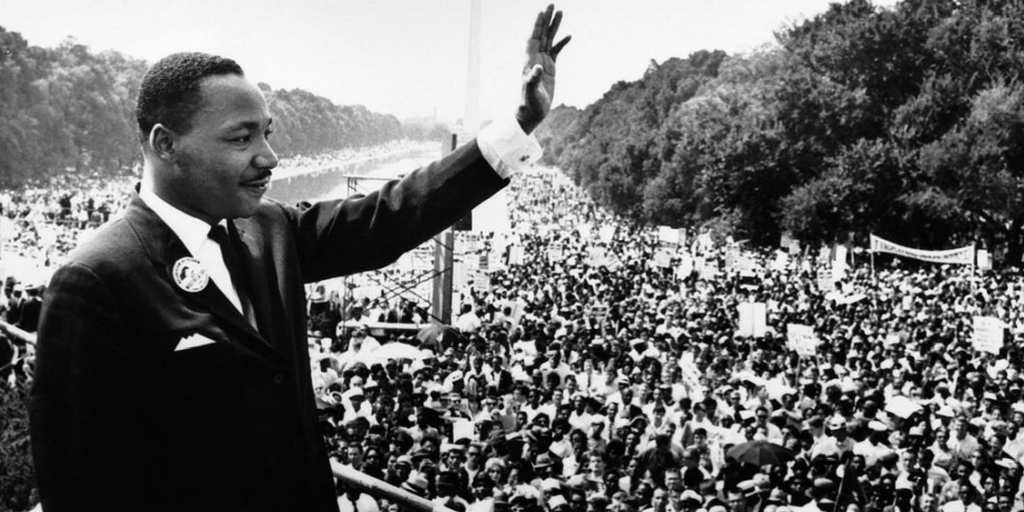Crafting Your Own Vision for Success and Bringing It to Life
How many times have you gotten into your car and decided suddenly to go on a trip across the country? No plan, no money, no map, no packing. Just turn the key and go. It wouldn’t be surprising to find yourself heading down the wrong roads, running out of gas, and getting frustrated not far into your trip. It won’t take long to decide to call it quits. What you need to have a successful journey is a plan first, a vision, just as you do for any goal you want to achieve. Vision without action is merely a dream. Action without vision just passes the time. Vision with action can change the world. - Joel A. Barker It is easy to pick a goal and write it down, but without focusing on a vision of success there is no momentum to achieve that goal. If you want to take your business...
Continue Reading






